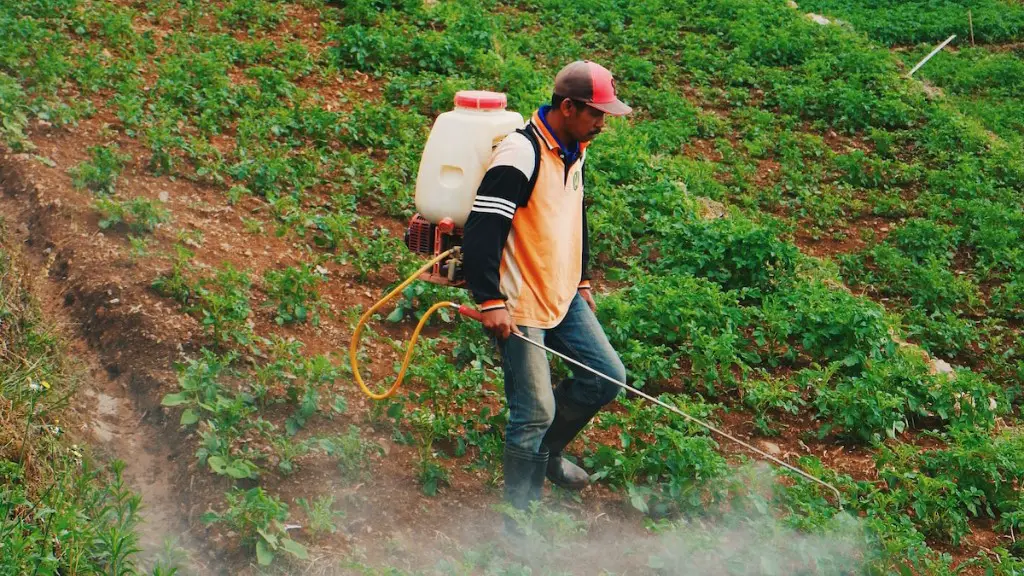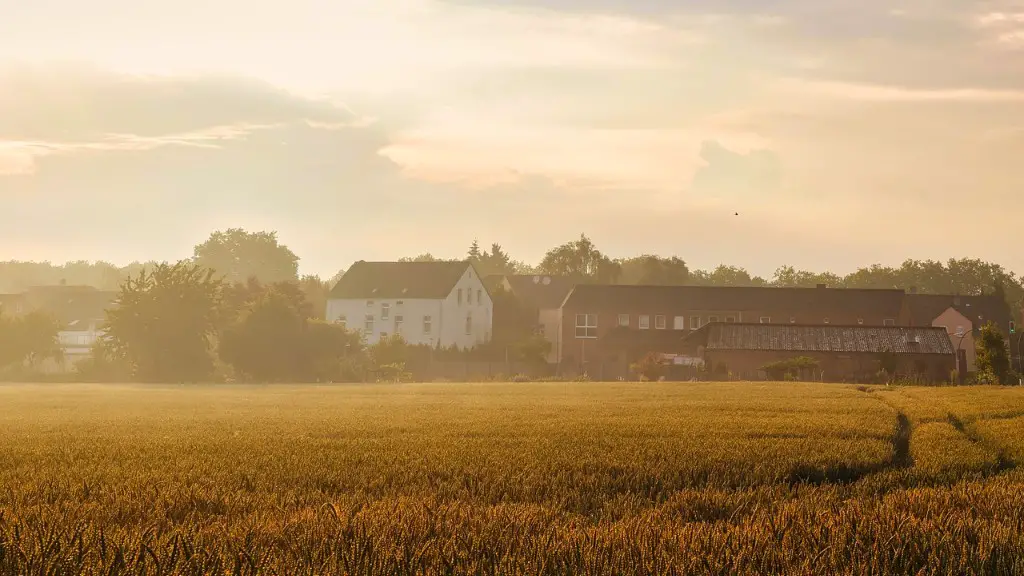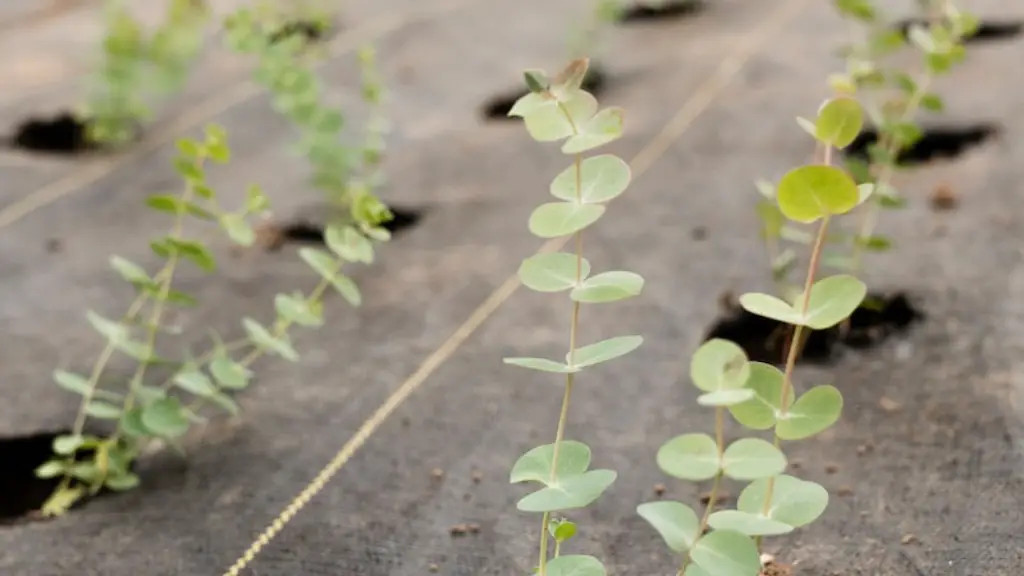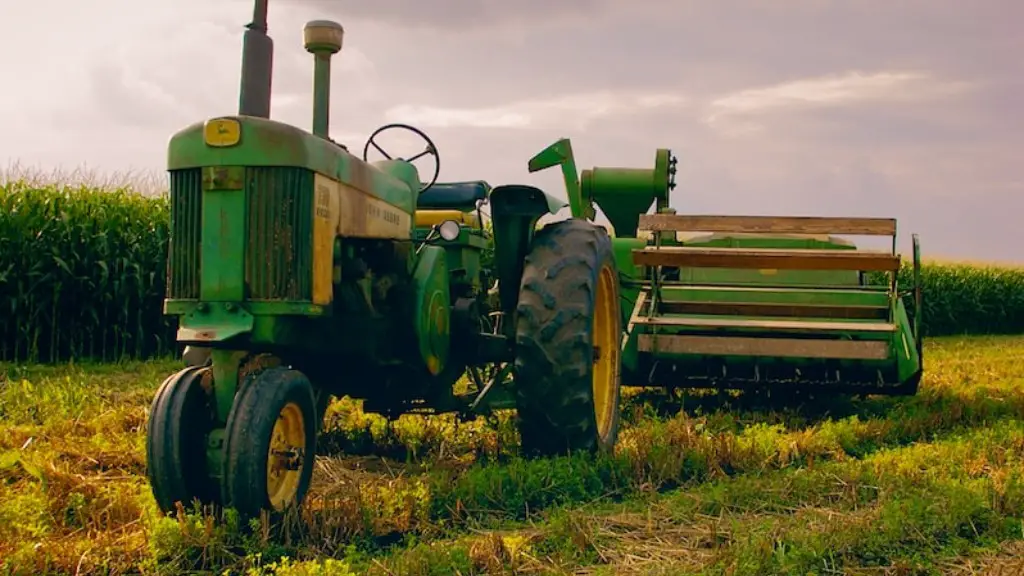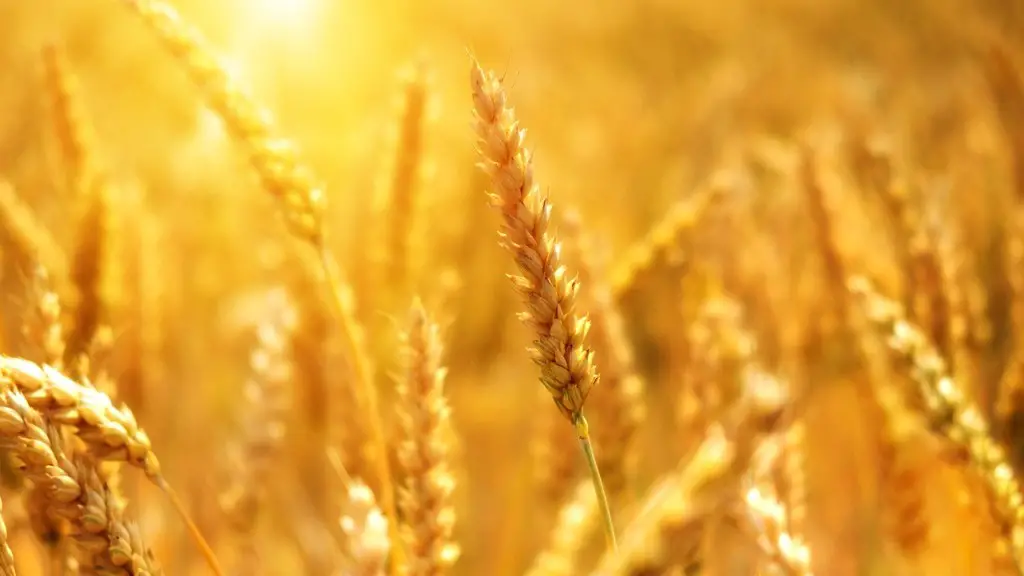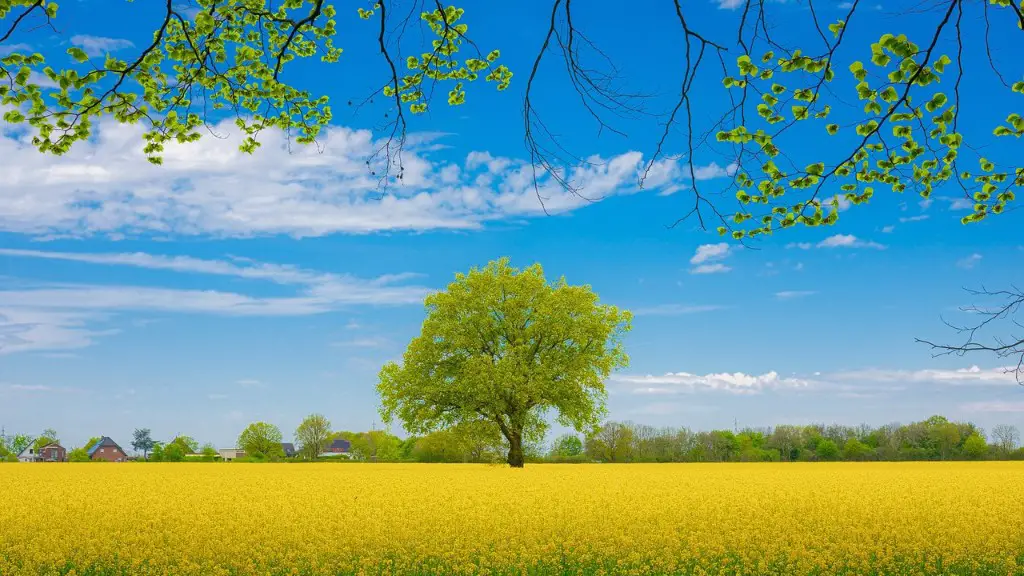In agriculture, sustainability is the ability to maintain a consistent level of production, without compromising the natural resources used in farming. This means using farming practices that protect and enhance the long-term health of the soil, water, and air, while also being economically viable.
There is no one-size-fits-all definition of sustainability in agriculture, as the concept can be interpreted in a number of ways. In general, however, sustainability in agriculture refers to the ability of farm operations to meet the needs of present generations without compromising the ability of future generations to meet their own needs. This includes ensuring long-term ecological health and productivity, as well as social and economic well-being.
What is the meaning of sustainable agriculture?
Sustainable agriculture is an integrated system of plant and animal production practices having a site-specific application that will over the long term: Satisfy human food and fiber needs.
There is no one-size-fits-all definition of sustainable agriculture, as the practices used will vary depending on the type of farm, the local climate and weather conditions, and the specific needs of the farmers. However, there are some common themes and goals that are shared by many sustainable agriculture initiatives. These include protecting and improving the quality of the environment, expanding the Earth’s natural resource base, and maintaining and improving soil fertility. By using practices that are intended to achieve these goals, farmers can help to ensure that their operations are sustainable in the long term.
What are 3 sustainable agricultural practices
Sustainable agriculture practices are those that protect and conserve our natural resources while providing for our food and fiber needs. These practices include:
Rotating crops and embracing diversity: This helps to maintain soil health and reduces the need for chemical inputs.
Planting cover crops and perennials: Cover crops help to protect and improve soil health, while perennials require less water and energy to produce.
Reducing or eliminating tillage: This helps to reduce soil erosion and the need for fossil fuels.
Applying integrated pest management (IPM): This helps to reduce the use of pesticides and other harmful chemicals.
Integrating livestock and crops: This helps to improve soil health and reduce the need for synthetic fertilizers.
Adopting agroforestry practices: This helps to restore natural ecosystems and provide a variety of environmental benefits.
Managing whole systems and landscapes: This helps to ensure the long-term viability of our natural resources.
Reducing tillage and careful application of on-farm nutrient sources can help build soil organic matter, reduce energy costs, control pests, and boost income. Using waste or renewable sources of energy can help reduce costs even further. By diversifying plants and landscapes, farmers can help reduce the need for pesticides and other harmful chemicals.
What does it mean to promote sustainable agriculture?
The goal of sustainable agriculture is to meet society’s food and textile needs in the present without compromising the ability of future generations to meet their own needs. This can be achieved through a variety of practices, including but not limited to: using environmentally friendly farming methods, investing in renewable resources, and promoting fair trade.
Sustainable farming is a term that is used to describe agricultural practices that are carried out in a way that is environmentally friendly and that does not deplete natural resources. Sustainable farming practices can help to conserve water, reduce soil erosion, and promote biodiversity.
Why is sustainability important in farming?
There are a lot of different goals for sustainable agriculture, but some of the main ones are to help provide enough food for everyone, bring communities out of poverty, and to promote soil health and reduce reliance on fossil fuels. Sustainable agriculture is a growing movement that is working to address some of the biggest issues facing our world today.
When agricultural operations are sustainably managed, it means that they are able to preserve and restore critical habitats, help protect watersheds, and improve soil health and water quality. WWF (World Wildlife Fund) works to identify and implement better management practices for agriculture in order to help achieve these goals. Some of the specific ways in which they do this include working with farmers and other stakeholders to promote sustainable land use, improving water management practices, and supporting research on more sustainable agriculture practices.
Why is sustainable agriculture so important
Sustainable agriculture is a great way to help preserve the earth’s natural resources. In addition to preserving the earth’s natural resources, sustainable agriculture benefits the environment through helping maintain soil quality, reducing erosion, and preserving water.
Farmers play a critical role in protecting our environment. By adopting conservation practices, they can build rich, fertile soils that will grow robust crops while protecting water sources, storing carbon, reducing greenhouse gas emissions and creating fields that are more resilient to extreme weather events. By working together, we can help make our world a healthier, more sustainable place for generations to come.
What are 2 types of sustainable agriculture?
Sustainable agriculture is a type of agriculture that is practiced in a way that minimizes the impact on the environment. There are a variety of sustainable agriculture methods and farming practices that can be used in order to achieve this. Some of these include permaculture, biodynamic farming, hydroponics and aquaponics, urban agriculture, and agroforestry. Each of these methods has its own advantages and disadvantages, so it is important to choose the one that is best suited for your particular situation.
There are a number of ways to enhance environmental quality and natural resources:
– Use nonrenewable resources more efficiently: This means using resources such as fossil fuels more judiciously and finding ways to use renewable resources more effectively.
– Take better advantage of on-farm resources: This includes using crop residues and animal manure as fertilizer, and using efficient irrigation methods to conserve water.
– Employ natural and biological controls for pests and disease: This involves usingPredatory insects, for example, to control crop pests instead of chemical pesticides.
What are the five principles of sustainable agriculture
There are 5 key principles of sustainability for food and agriculture:
1. Increase productivity, employment and value addition in food systems
2. Protect and enhance natural resources
3. Improve livelihoods and foster inclusive economic growth
4. Enhance the resilience of people, communities and ecosystems
5. Adapt governance to new challenges
Sustainability as a concept encompasses three key elements; economy, environment and society. An example of a sustainable agricultural system would be a profitable system with little or no impact on the environment and one which has a social licence.
What is the best sustainable agriculture?
Crop rotation, intercropping, and growing cover crops are all great ways to promote healthy soil and reduce soil erosion. Crop rotation helps to replenish nutrients in the soil and leads to healthier plants. Intercropping and growing cover crops help to prevent weeds from taking over and also help to keep the soil moist. Managing irrigation to reduce runoff is another great way to reduce soil erosion.
Sustainability is key to ensuring that future generations can fulfill their needs without compromising the needs of current generations. A sustainable future requires a balance of economic growth, environmental protection, and social well-being. To achieve this, we must make smart choices today that will help to preserve our planet and its resources for future generations.
Conclusion
The definition of sustainability in agriculture is the ability to maintain a certain level of productivity and yield from the land, while not causing any long-term damage to the environment. Sustainability in agriculture can be achieved through a number of different methods, such as using organic farming practices, crop rotation, and soil conservation.
Sustainability in agriculture means producing food, fiber, and other agricultural products in a way that conserves and renews natural resources, protects the environment, and is economically viable.
